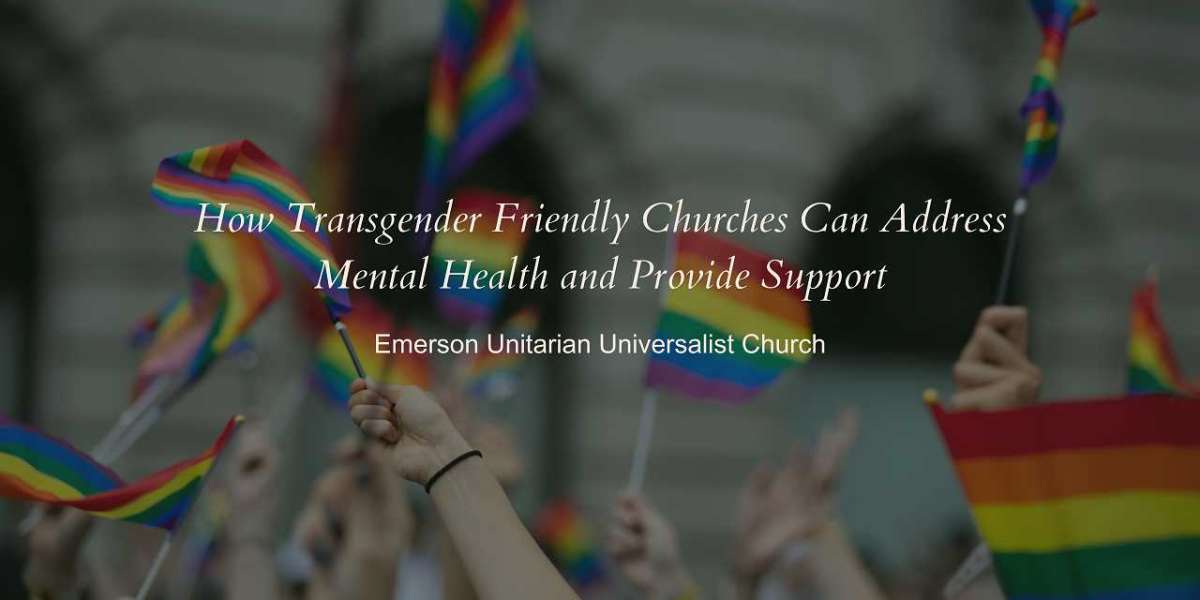Mental health is an important aspect of overall well-being, yet it is often overlooked and stigmatized within the church. For those who identify as transgender, the stigma around mental health can be particularly challenging to navigate. In this blog post, we will explore the importance of addressing mental health in the church and how transgender friendly churches can provide support.
Understanding the Stigma
There are many misconceptions and stigmas surrounding mental health in the church. Some believe that seeking help for mental health issues is a sign of weakness or a lack of faith. Others may believe that mental health issues are a result of moral failings or sin. These stigmas can be particularly damaging for those who identify as transgender, as they may already be facing discrimination and isolation.
Creating a Supportive Environment
Transgender-friendly churches have an important role to play in addressing mental health stigmas and creating a supportive environment for those who may be struggling. By providing resources and support for mental health, churches can send a clear message that seeking help is a sign of strength and courage. This can help to reduce the stigma and create a safe space where individuals can feel comfortable seeking support.
Offering Resources and Education
In addition to creating a supportive environment, transgender-friendly churches can also offer resources and education about mental health. This can include information on common mental health issues, resources for seeking help and training for church leaders on how to support those who may be struggling. By offering these resources, churches can help to reduce the stigma and ensure that individuals have access to the support they need.
Addressing the Intersection of Gender Identity and Mental Health
Transgender individuals are at a higher risk for mental health issues, such as depression and anxiety, due to discrimination and lack of support. It is important for transgender-friendly churches to address the intersection of gender identity and mental health and provide the support that is specifically tailored to the unique challenges faced by transgender individuals. This can include access to therapists who are trained in working with transgender individuals, support groups, and gender-affirming resources.
Conclusion
In conclusion, mental health is an important aspect of overall well-being that is often stigmatized within the church. The rise of transgender-friendly churches have an important role to play in addressing these stigmas and providing support for those who may be struggling. By creating a supportive environment, offering resources and education, and addressing the intersection of gender identity and mental health, transgender-friendly churches can help to break the stigma and ensure that individuals have access to the support they need.





